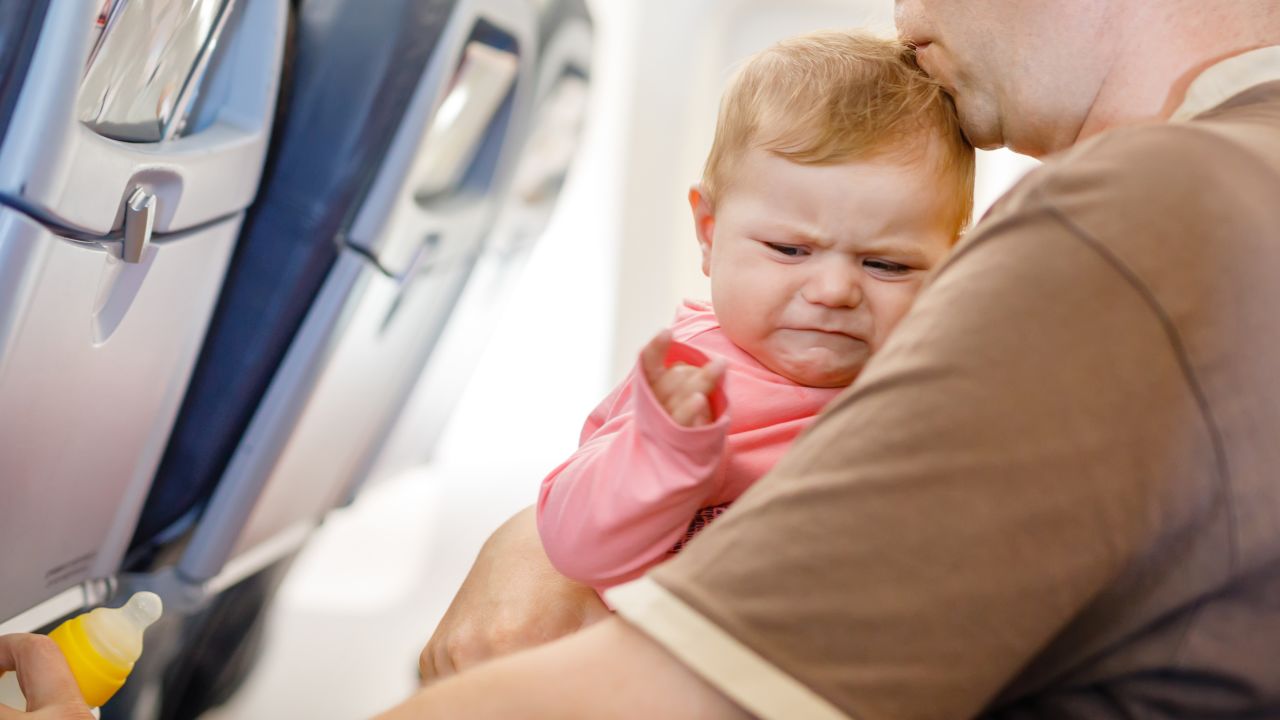For many people, Covid-19 changed how they see the holiday season.
Some ditched traditions to celebrate outside; some didn’t feel safe enough to travel to be with loved ones; and others may have even felt relief to have an excuse not to engage in stressful annual gatherings.
This year, holiday travel is expected to be more like it was before the coronavirus reached the US, according to projections from AAA. How people celebrate may still look very different, however.
“Some of us still continue to face what seem to be insurmountable challenges, but everyone was exposed to doing something different,” said Sandra Chafouleas, professor of educational psychology at the University of Connecticut. “It did let us let go of a lot of things.”
Celebrating the holiday season brings a lot of benefits to individual wellbeing, but it can also bring a spike in pressure, perfectionism and family drama. Perhaps it is a good time to take advantage of the disruption to the way things have always been done, psychologists said.
“Over the time of Covid, there were more cases of people adjusting their holiday plans,” Emiliana Simon-Thomas, science director of the Greater Good Science Center, said.
“I think there was some value to many of us in those different arrangements and the possibility that there was a different arrangement,” she said, adding that she feels “there’s strength in recognizing, hey, maybe it’s time to do things a little bit differently.”
This year, whether you decide to get together with friends and family from years past or reinvent what Christmas, Kwanza and New Year’s Eve looks like for you, experts offer tips to weed out the stresses traditionally found in the holiday season and hold on to the joy.
A season packed with meaning, but wrapped in difficulty
Whenever and however you celebrate, having a holiday season is important for wellbeing, Chafouleas said.
Holidays set aside time for relaxation, reflection and reliable traditions – a trio that has become increasingly important as the world has gotten more chaotic and less predictable, Chafouleas said.
Whether you approach them from a spiritual, social or cultural perspective, celebrating holidays can offer a “super big dose” of positive emotions like joy, gratitude, serenity, hope, pride and love, she added.
Holiday gatherings can also be a mixed bag of emotions.
“The way I do things versus the way we’ve always done things – that’s just a concoction for some disagreements,” Chafouleas said.
Add to that, the pressure to find the perfect gift, the focus on materialism and surface-acting (or acting like everything is OK when problems hide beneath the surface) can detract from the joy and make the season more trouble than it feels worth, said Simon-Thomas.
How to fix what you’ve always done
Small changes can make a big difference, both experts said.
For Chafouleas, it can look like identifying which part of the traditions feel like obligations rather than celebrations.
“I used to make a million cookies with my kids, especially when they were younger, and I just don’t enjoy that anymore, but my girls really like to do that,” Chafouleas said. The work and the mess afterward started to take away from the joy of the traditions.
“So, I stepped away from that. I keep it simple,” Chafouleas said. “They do it, and I get to eat them and participate in the experience of that ritual without have to be the one responsible.”
Data shows that focusing on giving and getting expensive, impressive gifts over the holidays isn’t want actually brings people joy, said Simon-Thomas, but many still focus on “consumerism, materialism and perfectionism.”
Gifts can be fun and exciting, but the focus should really be on sharing experiences and laughter with one another in a way that brings the group closer together, she added.
Instead of fixating on the perfect food and the perfect décor, try going for good enough and appreciate the time you are spending together, she suggested. Instead of the perfect gift, try to find contentment giving your loved ones something you think offers them a good experience.

Once people are together, bringing in small activities that encourage gratitude, listening and collaboration can do wonders.
That can mean taking 15 minutes for each person at the event to draw a name from a hat and share what that person did for them in the last year that they appreciate. It could be coming into the event with specific questions to ask each person about their lives, with follow up questions instead of a competitive tit-for-tat. In gatherings that are divided among contentious issues, Simon-Thomas said that it is often helpful to find a game or topic of conversation in which everyone can share a common goal and feel connected to one another.
How to start something new
Maybe a small change won’t do. Perhaps the traditional get-together doesn’t work for you or your travel is limited this year. That doesn’t mean the holidays are a bust, experts said.
“Maybe you have a small friend group or maybe you’re by yourself,” Chafouleas said. “You can find the spaces that can foster the emotion that you’re looking for.”
It starts with knowing what is important to you. For people who are more introverted, volunteering doesn’t have to be social – it can be making blankets at home or working in an animal shelter, Chafouleas said.
Though some people have more of a preference for solitude than others, Simon-Thomas suggests everyone seek some sense of community to make the most of the holiday season.
Instead of finding that in the traditional places, people can turn toward those they do feel relaxed and comfortable with and ask to share the holidays together, she added.
Isolating out the rituals that feel authentic can also help, Chafouleas added. It may mean making a favorite recipe from years past with the new group or decorating in a way that feels exciting.
Finally, when reimagining your celebrations, try to include and immersive experience in nature, which Simon-Thomas said research shows is important to wellbeing. Indulging in a “sense of wonder” in nature is a great way to break the stress cycle, she said.








